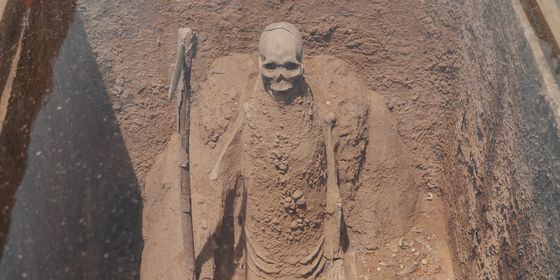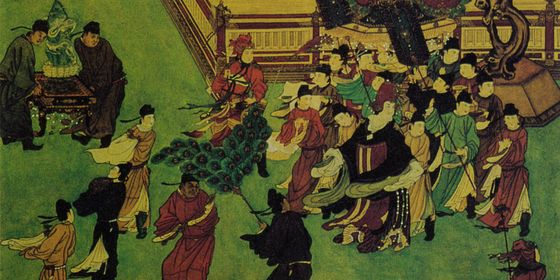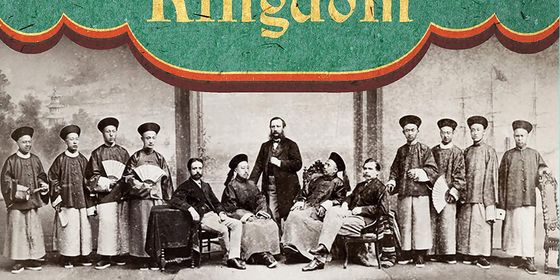Legal, social, and cultural barriers to ending China’s forced labor tradition
In 1906, as the Qing Empire (1616 – 1911) entered its final years, Zhou Fu, the Viceroy of Nanjing, wrote a memorial to the imperial court advocating for the abolition of slavery.
Zhou died two years later, before the throne could act. But in 1909, Wu Weibing, a member of the imperial censorate, picked up the torch with his own memorial imploring the throne to honor Zhou’s request.
Finally, on January 31, 1910, the Qing court issued an imperial rescript which officially abolished slavery throughout the empire.
It wasn’t the first time a government in China had tried to end slavery. Nor was chattel slavery unique to China. But throughout Chinese history, edicts, laws, and proclamations against slavery ran up against a system that perhaps uniquely conflated human bondage with criminality, social debasement, and cultural prejudices toward certain classes of people.
Forms of slavery have existed in China since before the imperial era. During the Spring and Autumn period (770 – 476 BCE), prisoners-of-war could avoid execution by entering into bondage by their captors. The philosopher Mozi (墨子), who steadfastly opposed all forms of offensive warfare, cited enslavement as one of the horrors of war.













